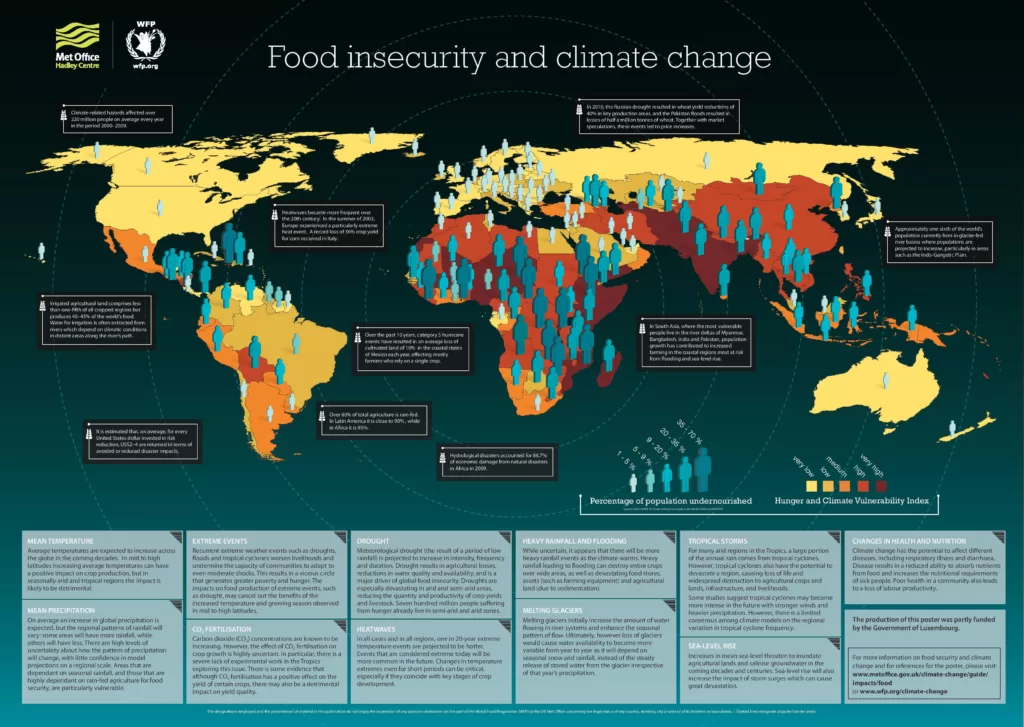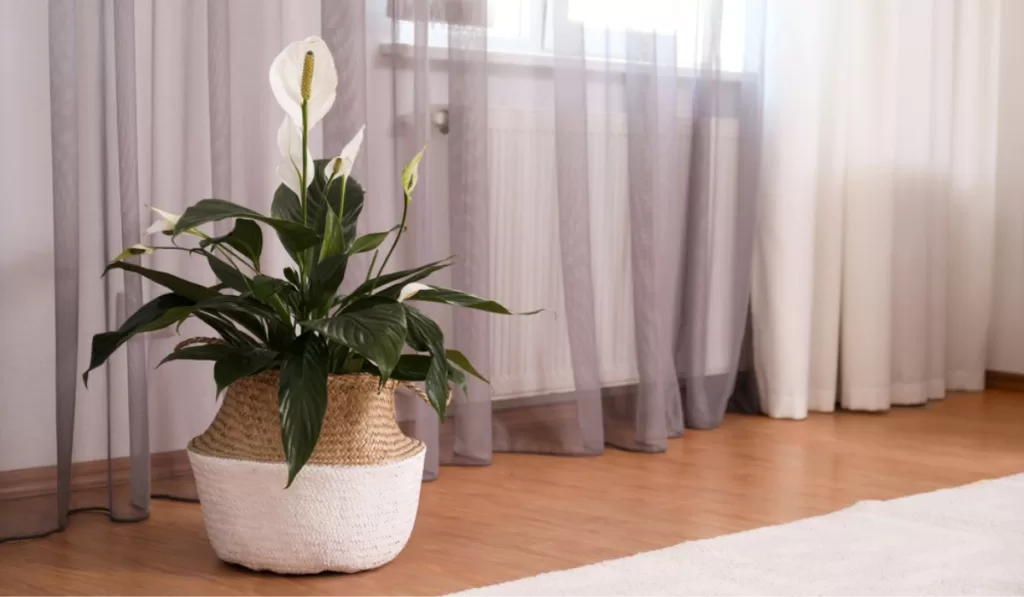Hydroponic gardening has gained immense popularity among beginners in recent years, and for good reason. This innovative method of cultivation offers numerous benefits, such as water conservation, space efficiency, and faster plant growth. For those venturing into the world of hydroponics, the journey begins with understanding the basics and choosing the right hydroponic system. In this comprehensive guide, we will explore the wonders of hydroponic gardening and how beginners can embark on this rewarding and sustainable journey.
What is Hydroponic Gardening?
Hydroponic gardening is a method of growing plants without soil, where nutrient-rich water solutions provide all the essential elements needed for plant growth. Unlike traditional soil-based gardening, hydroponics utilizes various growing mediums to support the roots and deliver nutrients directly to the plants. This form of cultivation dates back to ancient civilizations, with the Hanging Gardens of Babylon being one of the earliest recorded examples of hydroponics.
The primary principles of hydroponic gardening include providing plants with the right balance of nutrients, oxygen, and light. By eliminating the dependency on soil, hydroponics allows for precise control over the plant’s environment, resulting in faster growth and higher yields.
Advantages of Hydroponic Systems for Beginners
Hydroponic systems offer distinct advantages that make them ideal for novice gardeners. One of the most significant benefits is that hydroponics requires minimal space. Whether you have a small apartment or a spacious backyard, hydroponic systems can be set up vertically or horizontally, maximizing available space.
Furthermore, hydroponics eliminates the need for weeding, which can be a time-consuming task in traditional gardening. With no weeds to compete for nutrients and water, plants in a hydroponic system can thrive without unwanted intruders.
For beginners seeking quick results, hydroponics is the way to go. The controlled environment and direct nutrient delivery accelerate plant growth, allowing for earlier harvests compared to traditional gardening.
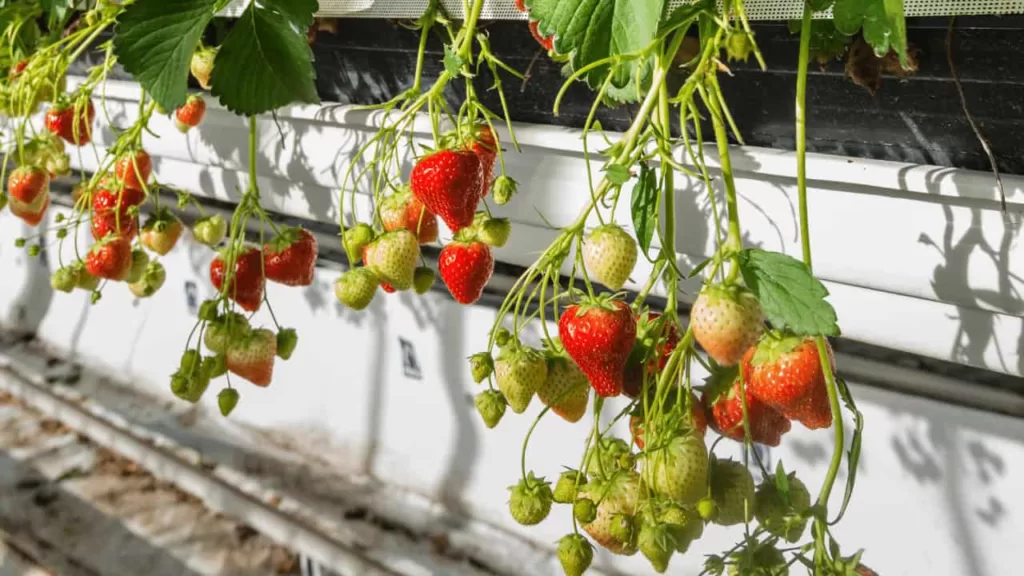
Types of Hydroponic Systems for Beginners
There are various types of hydroponic systems, each offering unique advantages for beginners. The Kratky method, a passive system that requires no pumps or electricity, is perfect for growing herbs and leafy greens. The Wick system is equally simple, using a wick to draw nutrient-rich water from a reservoir to the roots.
For slightly more involvement, the Deep Water Culture (DWC) system suspends plant roots in nutrient solution with the help of an air pump. The Nutrient Film Technique (NFT) system creates a thin film of nutrient solution flowing over the roots, making it suitable for small spaces.
Setting Up Your Hydroponic System
Setting up a basic hydroponic system is an exciting and straightforward process. First, choose the appropriate container or reservoir for your chosen system. Next, prepare the nutrient solution according to the plant’s requirements and ensure the pH level is within the optimal range.
Selecting the right growing medium is crucial as it supports the roots and holds the plants in place. Common choices include perlite, vermiculite, and rockwool, each with its specific benefits.
Selecting Suitable Plants for Beginners
For beginners, it is essential to choose plants that are well-suited for hydroponic gardening. Leafy greens like lettuce, spinach, and kale are excellent choices as they grow rapidly and are relatively easy to maintain. Herbs like basil, mint, and cilantro also thrive in hydroponic systems, adding fresh flavors to your culinary endeavors.

Some fruiting plants, such as tomatoes, cucumbers, and peppers, can be grown in larger, more advanced hydroponic setups. However, beginners may choose to start with the more straightforward options and gradually explore more demanding varieties.
Maintaining Your Hydroponic System
Proper maintenance is key to ensuring the health and productivity of your hydroponic garden. Regularly monitor the nutrient levels and pH balance of the solution, adjusting as needed to meet the plant’s requirements. Maintaining proper water temperature and oxygenation is equally important, as it directly impacts root health.
Preventing and addressing common issues like root rot and algae growth is essential in hydroponics. Regularly inspect the system for any signs of pests or diseases and take prompt action to mitigate the risks.
Troubleshooting Common Problems
Hydroponic gardening, like any cultivation method, comes with its challenges. Nutrient deficiencies, pest infestations, and pH fluctuations are common issues beginners may encounter. Learning to identify and address these problems promptly is crucial to maintain a thriving hydroponic garden.
To prevent nutrient deficiencies, monitor plant health regularly and adjust the nutrient solution as required. Introducing beneficial insects or using natural pest control methods can help address pest infestations without the use of harmful chemicals. Maintaining proper pH levels is essential to prevent nutrient lockout and ensure optimal nutrient absorption by the plants.
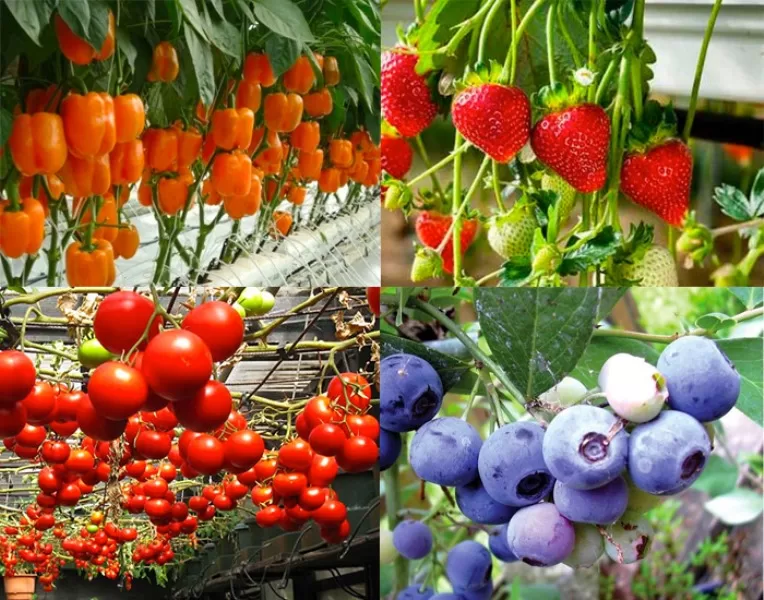
Expanding Your Hydroponic Garden
As beginners gain experience and confidence in hydroponic gardening, they may choose to expand their garden and explore more advanced hydroponic setups. Advanced systems like the Vertical Tower or the Dutch Bucket offer opportunities to grow a broader range of plants and experiment with different techniques.
Moreover, once you have mastered the basics, you can experiment with nutrient blends, growing mediums, and alternative hydroponic systems to suit your preferences and plant choices.
Hydroponic systems for beginners offer a rewarding and sustainable approach to gardening. With the benefits of space efficiency, water conservation, and faster plant growth, hydroponics is an excellent choice for novices. By understanding the basics of hydroponic gardening, selecting suitable plants, and diligently maintaining the system, beginners can embark on a successful journey into the world of hydroponics. Remember to start small, gain experience, and gradually expand your hydroponic garden as you discover the joy of cultivating fresh and healthy produce in your own home. Happy hydroponic gardening!
Things Beginners Need to Know Before Starting Hydroponic Systems
With the growing interest in sustainable agriculture and indoor gardening, hydroponic systems have captured the attention of beginners and seasoned gardeners alike. Hydroponics, a soil-less cultivation method that uses nutrient-rich water solutions, offers numerous benefits such as water conservation, faster plant growth, and space efficiency. However, before diving into hydroponic gardening, beginners should be aware of several crucial factors to ensure a successful and profitable experience.
Understanding the Basics of Hydroponics:
One of the most critical aspects for beginners is to gain a solid understanding of the principles and practices of hydroponic gardening. Learning about the different types of hydroponic systems, growing mediums, and nutrient solutions is vital. There are various systems to choose from, including Kratky, Wick, Deep Water Culture (DWC), Nutrient Film Technique (NFT), and more. Each system has its unique characteristics and requirements, and beginners should carefully assess which one aligns with their goals and available resources.
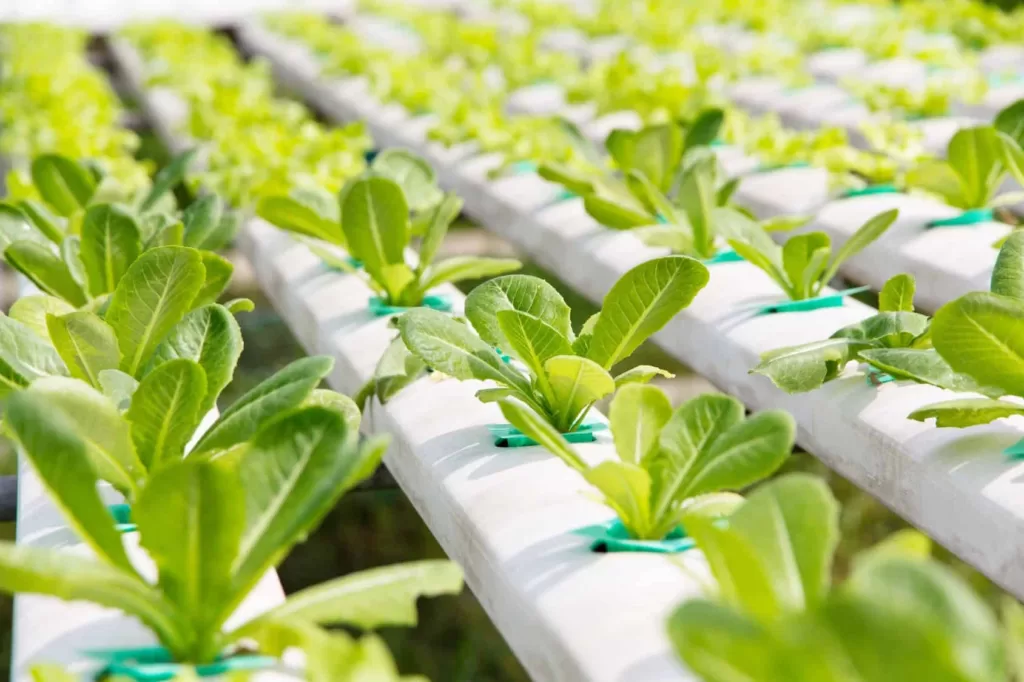
Start Small and Scale Gradually:
While hydroponic gardening can be highly rewarding, it is essential for beginners to start small and gradually scale up their operations. Setting up a small hydroponic system initially allows for a better understanding of the process and any challenges that may arise. As confidence and knowledge grow, beginners can expand their hydroponic garden and experiment with different plant varieties and systems.
Selecting Suitable Plants:
Not all plants thrive in hydroponic systems, and beginners should focus on selecting plants that are well-suited for this cultivation method. Leafy greens, herbs like basil and mint, and certain fruiting plants like tomatoes and cucumbers are popular choices for beginners. These plants generally adapt well to hydroponic environments and require less maintenance.
Nutrient Management:
Maintaining the right balance of nutrients is crucial for successful hydroponic gardening. Beginners should invest time in understanding the nutrient requirements of different plants at various growth stages. Nutrient solutions should be mixed accurately, and regular monitoring of pH levels is necessary to ensure optimal nutrient absorption by the plants.
Temperature and Light Control:
Hydroponic systems require precise control over environmental factors like temperature and lighting. Adequate lighting is crucial for plant growth, and beginners should research the appropriate light intensity and duration for different plants. Temperature control is equally important, as extreme temperatures can stress the plants and affect their productivity.
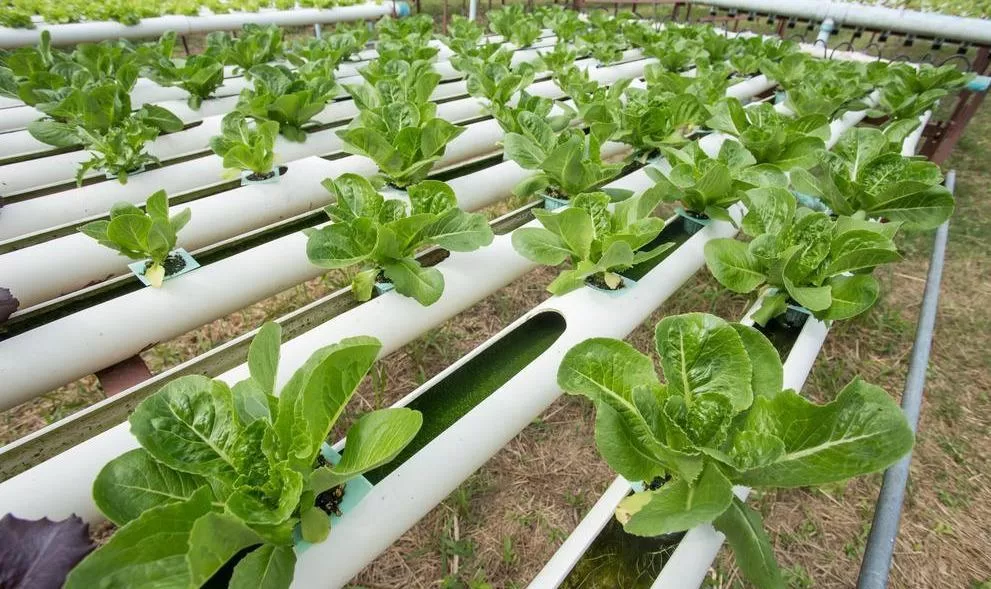
Potential for Profit and Losses:
While hydroponic gardening offers many benefits, it is essential to be realistic about the potential for profit and the possibility of losses. Beginners may face challenges such as pest infestations, diseases, or nutrient imbalances, which can impact the yield and overall success of the garden. Additionally, the initial setup costs, such as purchasing equipment and nutrient solutions, should be considered when calculating potential profits.
Continuous Learning and Adaptation:
Hydroponic gardening is a continuous learning process, and beginners should be prepared to adapt and refine their techniques based on experiences and results. Staying updated with the latest trends, technologies, and research in hydroponics can be beneficial for long-term success.
Sustainability and Eco-Friendly Practices:
Hydroponic gardening is inherently more sustainable and eco-friendly than traditional soil-based agriculture. Beginners should embrace eco-friendly practices such as water conservation, recycling, and using organic nutrients to minimize their environmental impact.
Hydroponic gardening offers an exciting and sustainable way to grow plants. For beginners, it is essential to understand the basics, start small, select suitable plants, and carefully manage nutrients, temperature, and lighting. While there is potential for profit, it is crucial to be realistic about potential losses and continuous learning and adaptation. With dedication and a passion for gardening, beginners can embark on a rewarding journey in the world of hydroponics.



